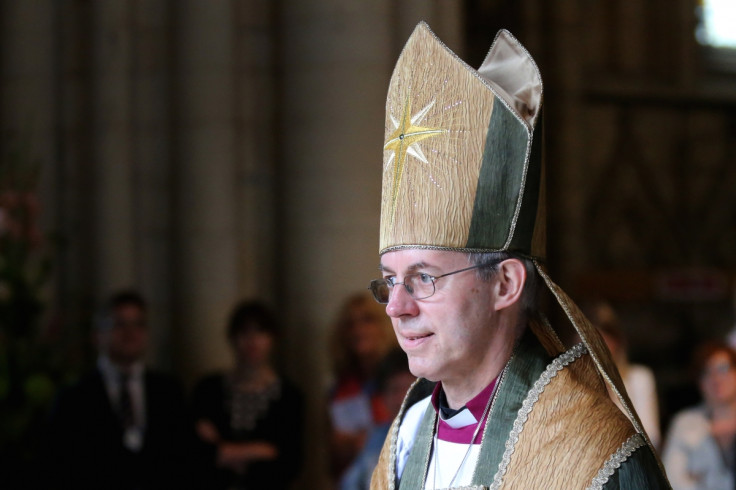Archbishop of Canterbury Justin Welby urges MPs to reject Assisted Dying Bill

The Archbishop of Canterbury Justin Welby has urged MPs to reject the Assisted Dying Bill scheduled to have its second reading in the House of Commons on 18 September and said it would "cross a fundamental legal and ethical Rubicon" destroying both UK "criminal and human rights laws".
Writing in the Observer the head of the Anglican Church in the UK set out three "concerns" regarding the bill.
Preventing suicide
He said that although it is not a crime in the UK for "someone to take his or her own life", that as a country we need to "recognise that it is a tragedy" and do all that we can to prevent suicide.
"The Assisted Dying Bill requires us to turn this stance on its head, not merely legitimising suicide, but actively supporting it. We are asked to sanction doctors participating in individuals taking steps to end their lives," he said.
The Archbishop asked for members of the community to "respond with love in the face of suffering" and take a "considered and compassionate" approach to caring relatives who are "asked by those closest to them to help bring their lives to an end".
Placing vulnerable people at risk
Welby said that a change in the law would place very many thousands of vulnerable people at risk. Quoting charity Age UK he said that it "asserts that some 500,000 elderly people are abused in the UK each year". "It is impossible to ensure that they and other vulnerable people would not be placed under pressure to end their lives prematurely in ways that proposed safeguards cannot hope to detect," he said.
A change in society
The UK's most senior cleric said that his final concern was that the UK needed to reflect "on what sort of society it "might become if we were to permit assisted suicide". Welby added that currently the community can "do all in [its] power to surround those who are terminally ill with the best possible palliative care, including "physical, emotional and spiritual support", redoubling its efforts to alleviate suffering.
"We can show that we love even when people have given up on caring for themselves. We can support our doctors and nurses as they act consistently in the best interests of their patients, affirming life and caring for the vulnerable," he said.
Writing on Twitter the biologist, writer and religion critic Richard Dawkins said: "Religious leaders oppose Assisted Dying Bill." If they REALLY believed in Heaven, wouldn't they welcome some assistance in getting there?"
"Religious leaders oppose Assisted Dying Bill." If they REALLY believed in Heaven, wouldn't they welcome some assistance in getting there?
— Richard Dawkins (@RichardDawkins) September 6, 2015
The Assisted Dying Law was introduced to the House of Commons by Lord Falconer in June 2014. It states that society should allow terminally ill, mentally competent adults to request life-ending medication from a doctor and that the dying patient would then have the choice to self-administer that medication "at a time that was right for them".
According to a 2015 poll by research and strategy consultancy Populus, 82% of the UK population support a change in the law on assisted dying for terminally ill adults. In October 2014, the Crown Prosecution Service updated its guidance on prosecuting assisted suicide, stating that prosecutions are less likely of the deceased "had reached a voluntary, clear, settled and informed decision to commit suicide" and "the suspect was wholly motivated by compassion" when they helped the deceased end their life.
© Copyright IBTimes 2025. All rights reserved.






















